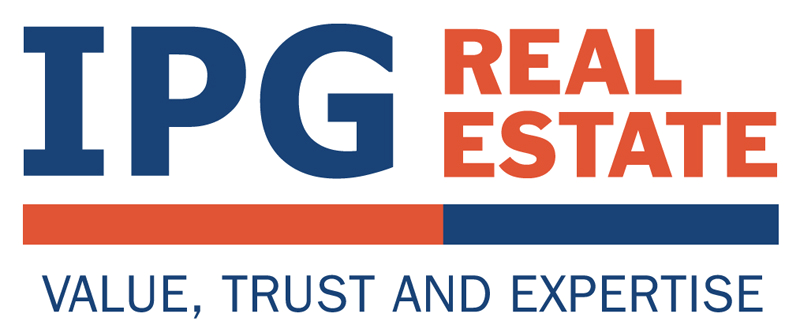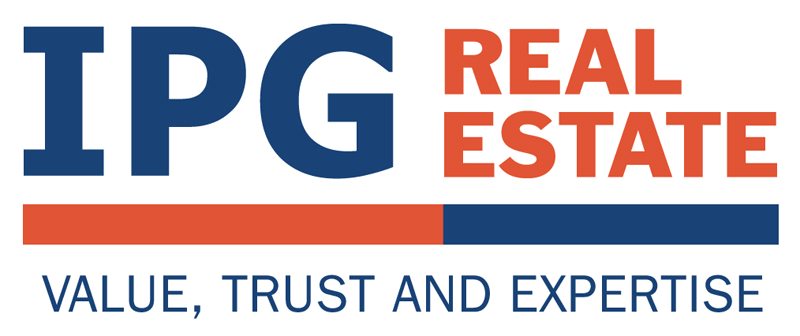You’ve invested a ton of time and money into getting your idea off the ground. Now you need a place to house the growing business – whatever equipment or supplies you have, your employees, the office dog Rover – and you’ve got a few options to rent or buy office space, but you’re not sure what to choose.
No matter which way you slice it, one of your biggest financial investments as a business owner is going to be your physical location and office space. You may need room to grow and shrink and that can be hard to figure out when you’re first moving to a new space.
George Donohue, President of International Properties Group said, “Executives with good foresight must account for many converging factors when making a decision to rent or buy. This includes things like interest rates, expansion plans and the overall life of the business. It is our prerogative at IPG to examine the confluence of these to help you make the best decision for the current and future state of your business.”
Let’s break down the pros and cons of renting vs. buying.
Renting
- Pros
If you’re on the fence about buying, or you haven’t found the perfect location for your business, renting is a good option. You don’t have to put a huge down payment on property, just a deposit and potentially a broker fee. This leaves your cash open for other business needs, or expansion. You’ll also have an easier time borrowing funds with more available cash. Your monthly payments may also be tax-deductible as a business expense.
Even more important, with a lease, you’ll be able to focus on running your business with the flexibility that you can move in and out of your space with ease. The short-term commitment of leases is conducive to being flexible and agile. Your business can move where and when you need it.
Another advantage of renting is that you don’t have to worry about the property maintenance – your landlord should take care of that. A good landlord may even pay for maintenance repairs, expenses, or improvements. - Cons
You don’t build any equity that you can put towards future expansion when you rent office space. You don’t have the ability to rent out your space, unless you negotiate a sublease clause with the landlord. If you need to leave the lease early, you might have to pay a surrender penalty. Or, if you’re nearing the end of your lease and thinking about renewing, you will likely face an increase in rent every time this occurs.
Buying
- Pros
While you may have to pay a hefty down payment, you can be comforted by knowing that you are building equity and your office space costs with a commercial mortgage are generally fixed and clear. As the property owner, you get to decide who rents from you, as well as who doesn’t. You can craft the property to look however you want and maintain it however you want. Being a landlord can be freeing. Plus, you can recoup some of your monthly costs by renting out the building.
Though you may have less free cash flow with a commercial mortgage, you’ll be able to claim tax deductions for your mortgage interest and property taxes. Buying office space is more than just making sure your business has a home, it is investing in the future of you. - Cons
Your upfront costs will be a major expense – the down payment, appraisal and maintenance or property improvement costs, insurance. Additionally, as a landlord, you’ll have to deal with property maintenance all the time and these expenses quickly add up. Would you rather have a landlord, or be one?
If your business is new, or growing, you might quickly grow out of the space you bought. This could force you to sell the property and could potentially cost you the original investment you made. Or, if you scale your business too quickly, you risk investing money, time and energy into a building that will only be a short-term investment.
As with any other decision you make regarding your business, make sure you analyze your finances first and foremost to ensure you can afford to rent or lease. You should perform a full analysis of your business financially, but also for growth or shrinkage so you know that the space you are entering is adequate for your current and future needs.


